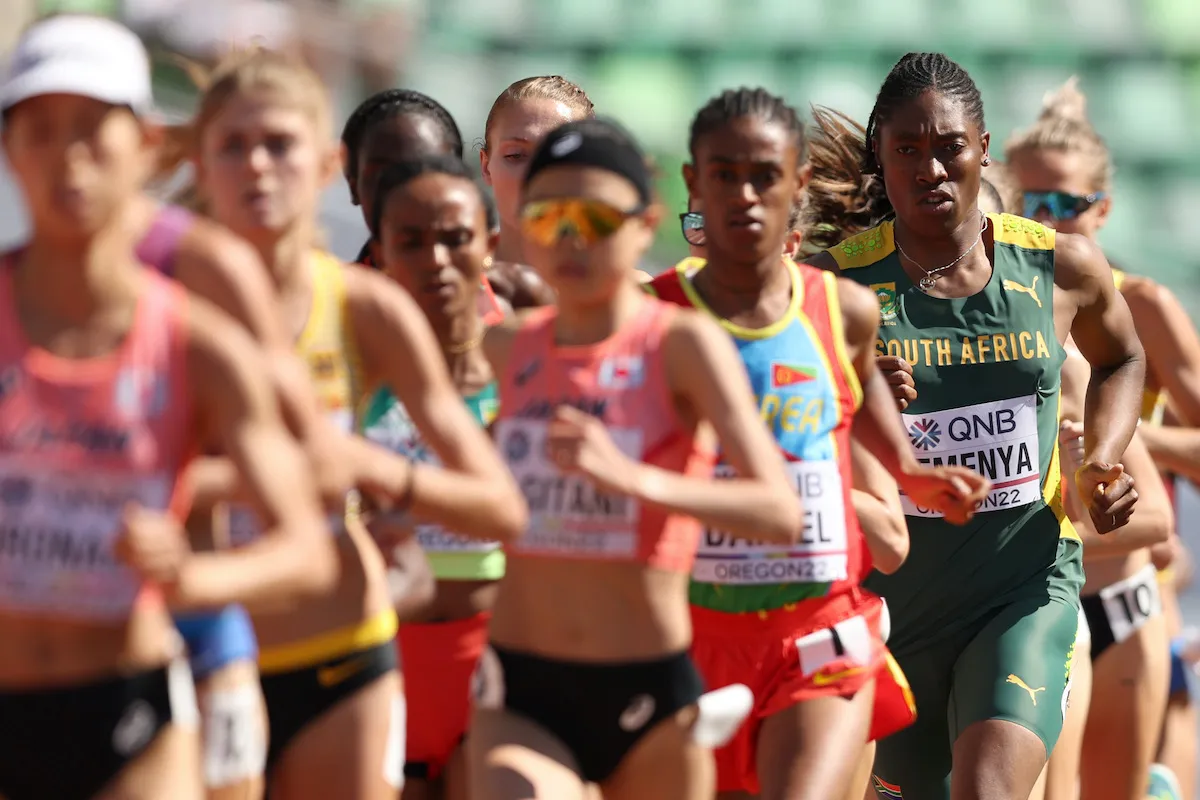The Law of Unintended Consequences strikes again.
As we’ve discussed before, athletic association attempts to categorize and police bodies have a longstanding history in sports. These efforts have an equally long history of failing spectacularly and jeopardizing the careers of athletes in the process.
While trans athletes suffer the brunt of these policies, cisgender athletes fall victim to them as well. Sadly, such policies are often reexamined only when they negatively impact cis athletes. By eliminating trans athletes, the policies are working as intended.
A major track and field organization recently made a policy to be more exclusive to trans women in sports. Unsurprisingly, there is no mention of policies regarding trans-masculine athletes. The policy sets a limit to the amount of plasma testosterone that can be present in a woman’s body in order for her to compete. Yet there are cisgender athletes who will be disqualified because of such limits as well—and as we’ve seen time and time again, these sorts of rules disproportionately target Black athletes. Caster Semenya, along with other former cis Black champions Francine Nuyonsaba and Christine Mboma, would be disqualified from all future competitions should this ban go into effect.
Each of these women naturally produces high levels of testosterone in their bodies. So much so that, according to these sexist, racist, transphobic, and essentially arbitrary limits, they bafflingly don’t qualify as “female” at an athletic level. It’s also important to note that intersex competitors, of which there are many, will be victimized by these regulations as well.
This is far from the first time that Black female bodies have been policed within the athletic community. Star runner Sha’Carri Richardson was not allowed to compete in the Tokyo Olympics due to trace amounts of THC, the active ingredient in marijuana, in her body. As we all know, THC is not an athletic performance-enhancing drug, unless of course we consider the ability to eat a sleeve of Oreos while wigging out to anime a sport. What Sha’Carri Richardson does in her private time is her business (and probably way healthier than my example), especially given the fact that she smoked marijuana in a state where it was legal to do so. The Tokyo Olympics committee however was unswayed, and Richardson was benched despite having the best running times in comparison to her competitors.
Testing for anything other than performance-enhancing drugs like steroids should be eliminated in athletics. But it seems that at this point in history, history is doomed to repeat itself for longer than it should.
(featured image: Patrick Smith/Getty Images)









Published: Mar 30, 2023 12:03 pm